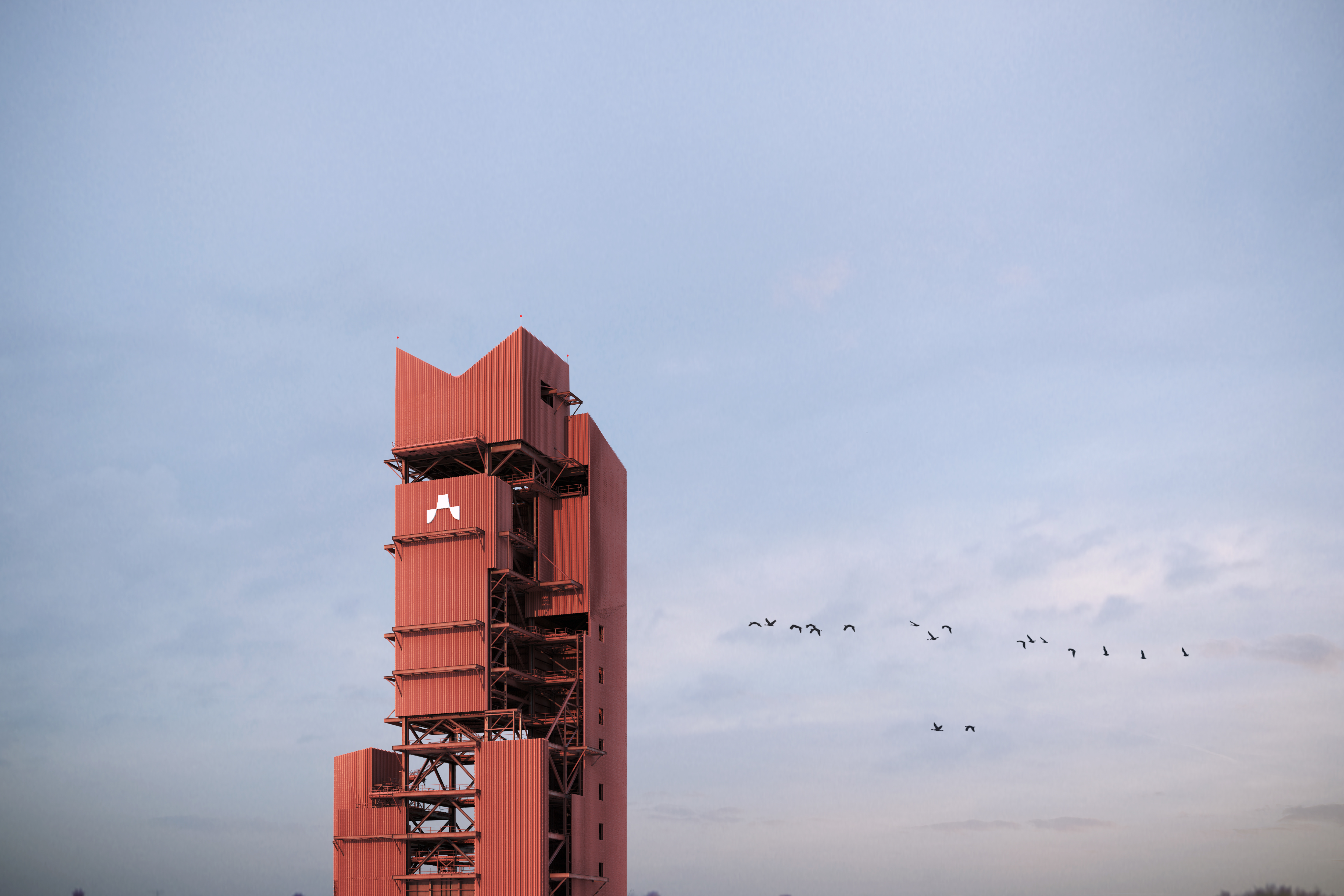
Stegra is redefining steel production with a holistic and sustainable approach to minimise climate impact. At the core of the project is the construction of decarbonised greenfield steel plant that integrates several cutting-edge technologies. Located in Boden, in the north of Sweden, the plant will feature a 690 MW electrolyser, which will use renewable electricity to generate green hydrogen. This hydrogen will replace coal as the primary reducing agent in the direct reduction process of iron ore, producing sponge iron with a 95% lower carbon footprint compared to blast furnaces processes. The green sponge iron will then be melted in an Electric Arc Furnace (EAF) using renewable electricity, producing a high-quality steel product. The integrated process with iron production, continuous casting and rolling, reduces energy consumption compared to processes where the iron or crude steel cool off and is transported to new sites for reheating and treatment before rolling.
"Stegra is the Swedish word for 'to elevate', explained Henrik Henriksson, Stegra’s CEO.
It perfectly captures our ambition to go onwards and upwards, to push the industry towards higher sustainability standards and to show the European steel industry what is possible by leading by example."
While traditional methods (such as blast furnace-basic oxygen furnace steelmaking, which relies on coal and coke to reduce iron ore) account for 7–9% of global CO₂ emissions, Stegra’s nearly emission-free process sets a new benchmark for sustainable, large-scale steel manufacturing. By 2030, the site will become the first to host large-scale hydrogen-based DRI production, targeting an annual output of 5 million tonnes of green steel.
Building Europe’s first integrated green steel mill in half a century presents enormous challenges, from securing reliable supply chains to navigating macro-economic uncertainty. Despite being implemented amid global inflation, shifting geopolitical landscapes and volatile supply chains, Stegra is staying on course through strategic planning, industry collaboration and financial resilience.
A multi-billion-euro green investment
The Innovation Fund is supporting Stegra with a EUR 250 million grant. In total, the project has secured EUR 6.5 billion in funding from key financial and industrial stakeholders.
With strong financial backing and key industry partnerships, STEGRA is rapidly advancing its construction milestones. It secured environmental permits in under 1.5 years, which was unheard of for similar projects in Sweden. Groundworks began in 2022, followed by the installation of the first steel structures in November 2023. Major equipment installations, including the electrolyser and cladding, have been underway since 2024. Additionally, iron ore supply agreements have been finalised with industry leaders Rio Tinto and Vale, and key electricity agreements have been signed with leading players like Statkraft, Fortum, Uniper and Axpo.
Stegra has attracted top European equipment suppliers, including SMS, Siemens and thyssenkrupp nucera, as well as international companies such as Midrex, which are providing essential process components for the plant. Additionally, more than 20 binding long-term agreements have been signed with global brands, such as IKEA, Mercedes-Benz, Porsche, BMW, Volvo Group, and Marcegaglia. Stegra is also set to create about 4 000 jobs over the course of the construction of the plant, and about 2 000 direct jobs in Sweden once the plant is operational, boosting regional economies and reinforcing workforce stability.
Once fully operational, Stegra will eliminate some 7 million tonnes of CO₂ emissions annually, significantly contributing to EU’s climate goals. This is also equivalent to removing over 25 million petrol cars from European roads annually or matching the yearly energy consumption of 10 million European households.
As a blueprint for the future of sustainable heavy industry, Stegra is ushering in a new era – one where sustainability and competitiveness go hand in hand.
About the Innovation Fund
The Innovation Fund, financed by EU Emissions Trading System revenues, is one of the world’s largest funding programmes for the demonstration of innovative low-carbon technologies. The Fund focuses on highly innovative clean technologies and big flagship projects with European added value that can bring significant greenhouse gas emission reductions.
- Start date
- 1 Apr 2023
- Project locations
- Sweden
- EU contribution
- €250 000 000
